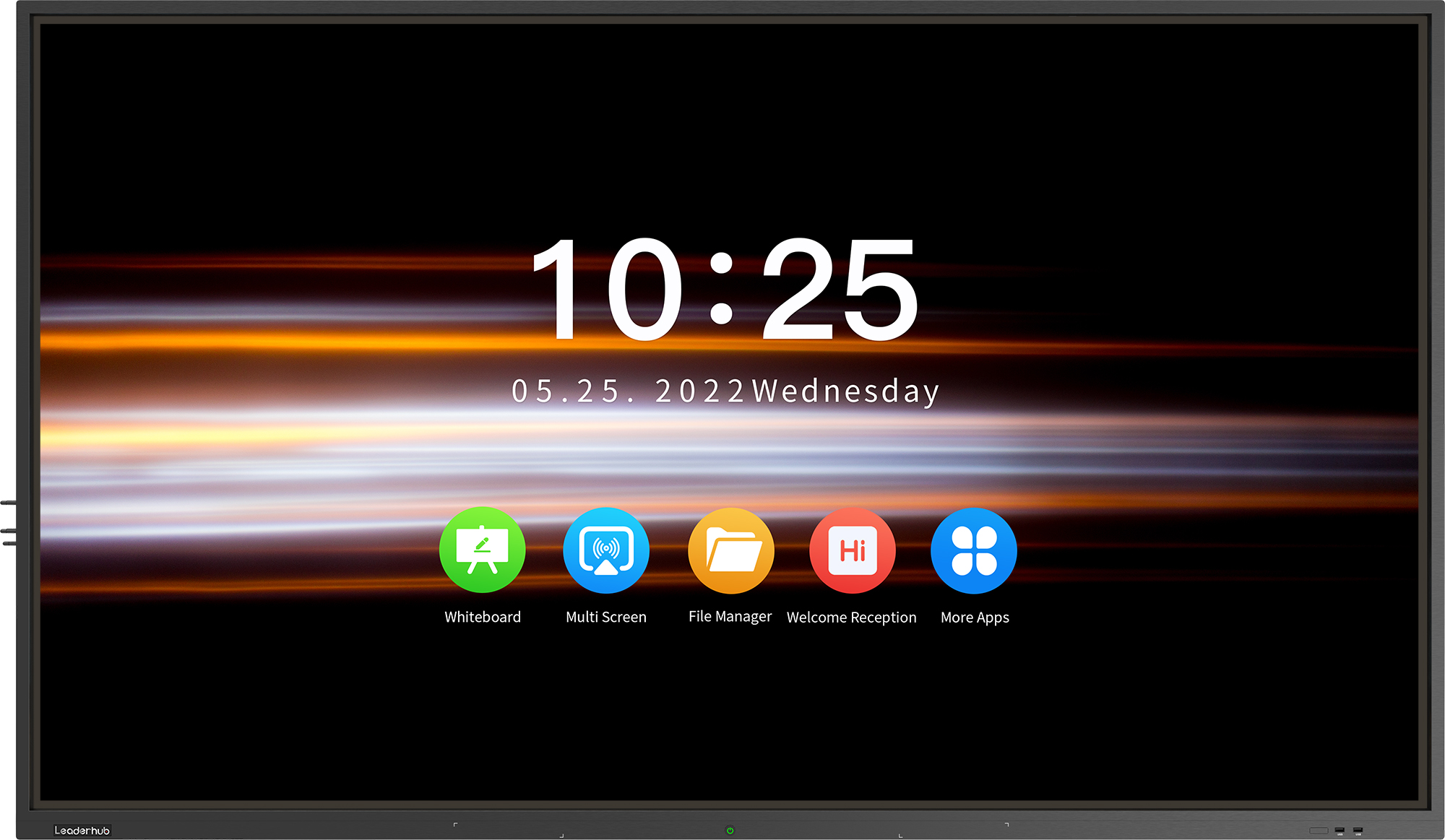Revolutionizing Interactive Conferences with Tablet PCs

Tablet PCs have emerged as a revolutionary tool in transforming traditional conferences into interactive and engaging events. The successful utilization of tablet PCs in interactive conferences in Tianjin and Hebei has witnessed a paradigm shift in conference dynamics and participant engagement. In this article, we will explore the innovative ways in which tablet PCs have been deployed, the advantages they offer, and the impact they have made.
Enhanced Presentation and Collaboration
One of the key advantages of using tablet PCs in interactive conferences is the enhanced presentation and collaboration capabilities they offer. With tablets, presenters have the freedom to seamlessly navigate through their slides, annotate content, and interact with the audience using intuitive touch gestures. This not only adds a dynamic element to presentations but also fosters a sense of collaboration. Participants can connect their tablets to the conference network and instantly share ideas, documents, and feedback with each other, promoting a fruitful exchange of thoughts.
Real-time Feedback and Audience Engagement
Tablet PCs have revolutionized the way audience engagement is achieved in conferences. By leveraging specialized conference apps installed on the tablets, organizers can collect real-time feedback from participants through live polls, surveys, and Q&A sessions. This real-time interaction engages the audience actively, making them feel an integral part of the event. Furthermore, tablets enable attendees to easily navigate through conference agendas, access speaker profiles, and take notes, improving their overall experience and knowledge retention.
Efficient Data Management and Sustainability
The utilization of tablet PCs in interactive conferences also offers efficient data management and sustainability benefits. By eliminating the need for printed materials, such as agendas, brochures, and handouts, tablet PCs contribute towards a paperless conference environment. This not only reduces costs associated with printing but also contributes to environmental conservation. Additionally, tablets allow organizers to collect and manage data efficiently, facilitating easy post-conference analysis and reporting.
In conclusion, the successful implementation of tablet PCs in interactive conferences in Tianjin and Hebei has revolutionized the conference experience for both organizers and participants. The enhanced presentation and collaboration capabilities, real-time feedback and audience engagement, as well as efficient data management and sustainability benefits, have made tablet PCs an indispensable tool in the modern conference landscape. As technology advances, we can expect further advancements and innovations in tablet PC applications, leading to even more immersive and engaging conferences in the future.

